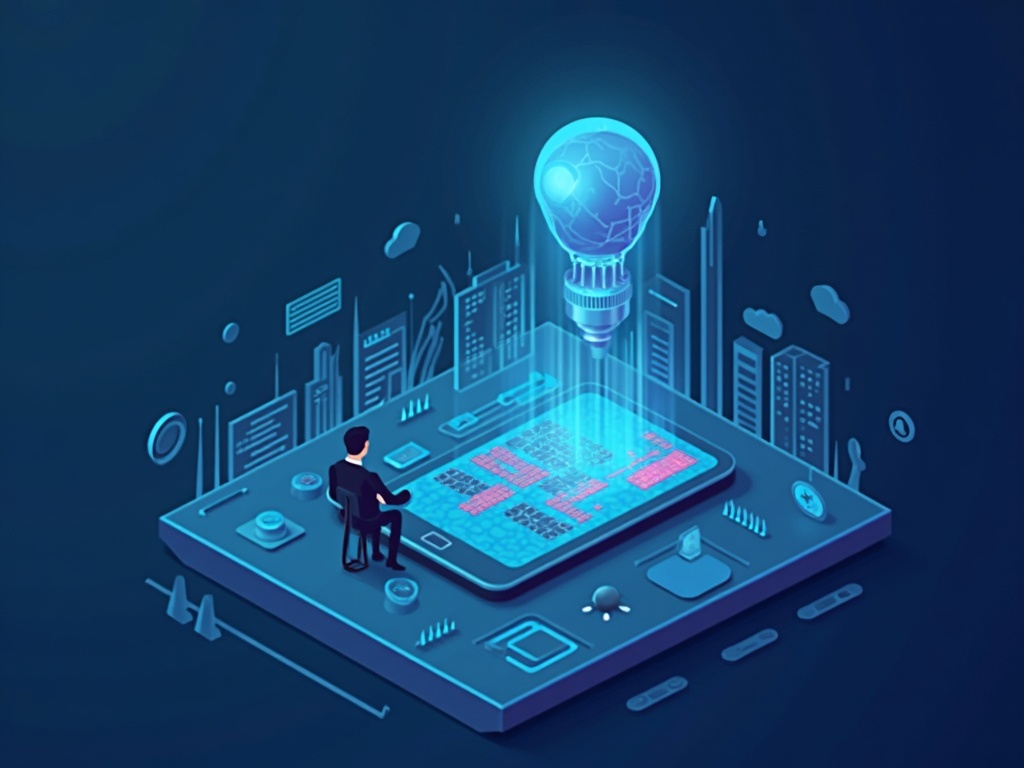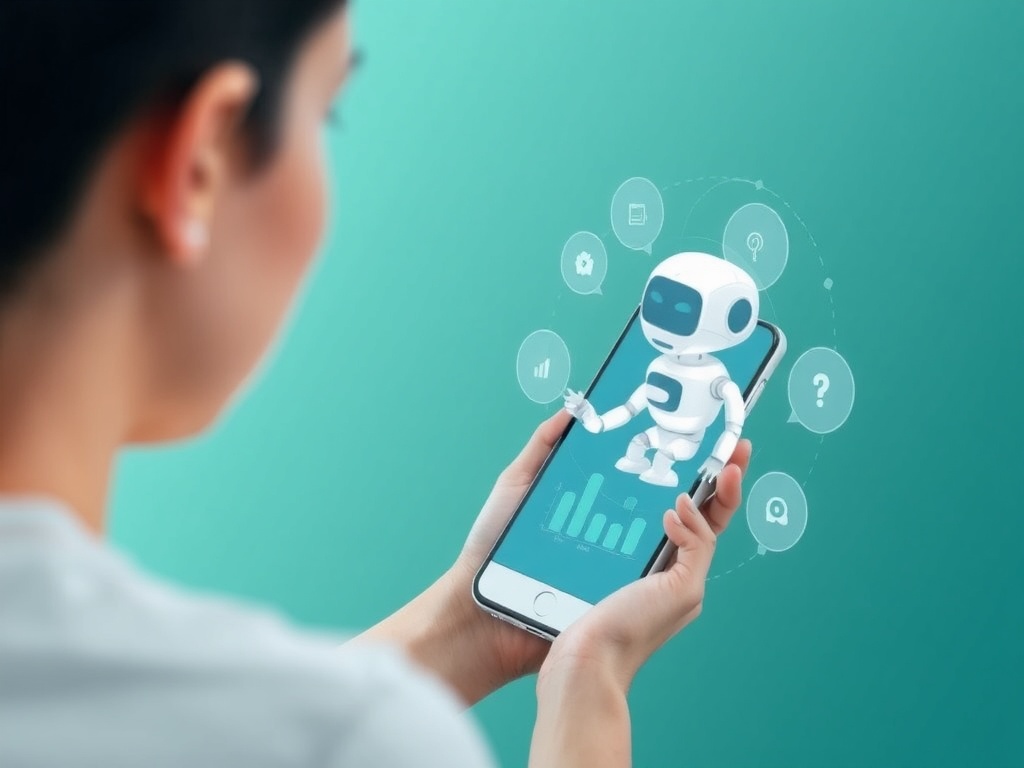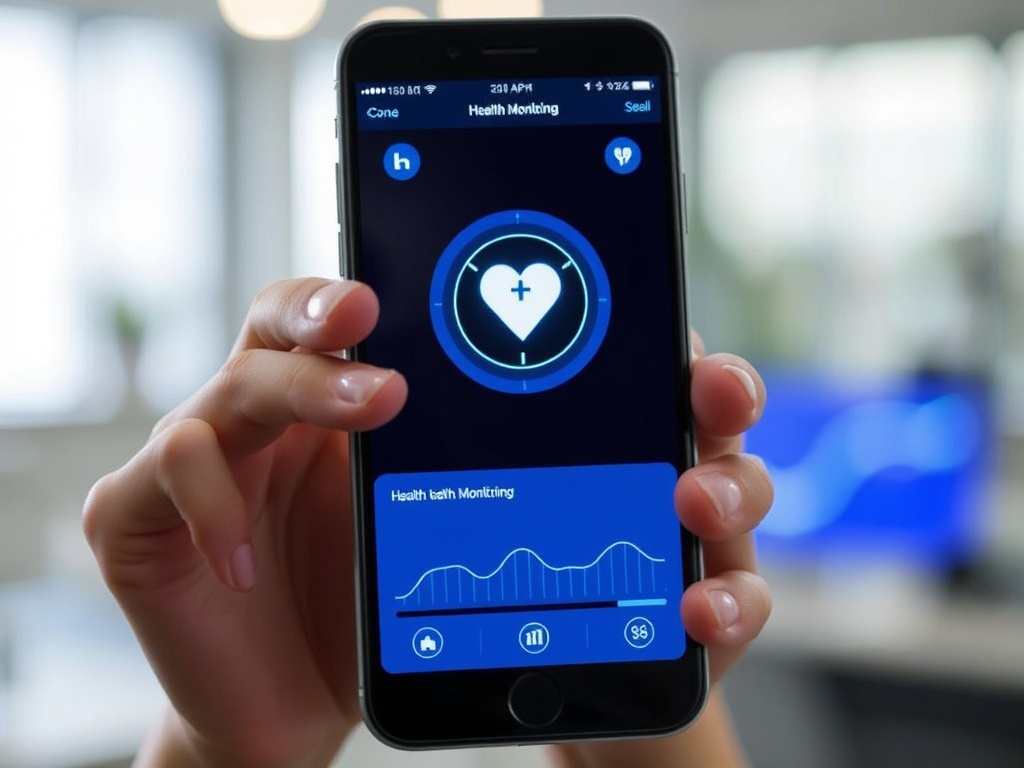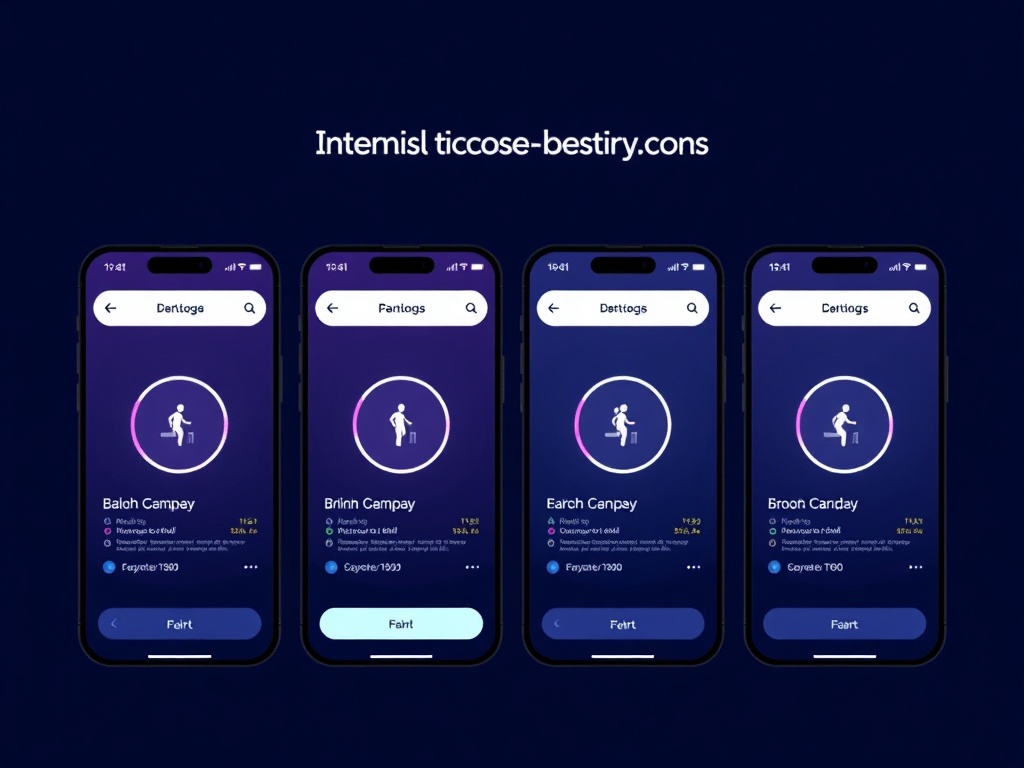The Evolution of AI in App Development
Artificial Intelligence (AI) has revolutionized the way we develop mobile applications. From chatbots to image recognition, AI-powered features have become an integral part of modern app development. In this article, we’ll delve into the evolution of AI in app development and explore its impact on the industry.
Early Days: Basic Machine Learning
The first whispers of AI in app development began with basic machine learning algorithms. Developers started incorporating simple ML models to predict user behavior, improve app performance, and enhance user experiences. These early applications focused on:
- Recommendation Systems: Personalized content suggestions based on user preferences
- Chatbots: Basic conversational interfaces for customer support and FAQ sections
- Image Recognition: Simple image classification and filtering
These early AI-powered features improved app engagement and user satisfaction, but they were limited in scope and functionality.
The Rise of Deep Learning: 2010s
The mid-2010s marked a significant shift with the emergence of deep learning (DL) techniques. DL algorithms enabled developers to build more sophisticated AI models that could:
- Recognize Faces: Face recognition for authentication, security, and personalized content
- Classify Images: Advanced image classification for object detection, scene understanding, and emotion analysis
- Transcribe Audio: Real-time speech-to-text transcription for voice assistants and customer support
DL-powered features opened up new possibilities in app development, enabling developers to create more immersive and interactive experiences.
Current State: AI-Powered App Development
Today, AI is an integral part of mobile app development. Developers are leveraging a range of AI techniques, including:
- Natural Language Processing (NLP): Advanced chatbots with emotional intelligence and contextual understanding
- Computer Vision: Image recognition, object detection, and scene understanding for various applications
- Predictive Analytics: Real-time predictions for user behavior, app performance, and business outcomes
AI-powered features have become a key differentiator in the app development landscape. Developers are using AI to create:
- Intelligent Assistants: Conversational interfaces that can understand context, intent, and emotions
- Personalized Experiences: Customized content, recommendations, and interactions based on user behavior and preferences
- Efficient Operations: Automated processes for customer support, maintenance, and quality assurance
The Future: AI-Driven App Development
As AI technology continues to advance, we can expect significant innovations in app development. Some potential trends include:
- Edge AI: Real-time processing and decision-making at the edge of networks, reducing latency and improving performance
- Explainable AI (XAI): Transparent and interpretable AI models that provide insights into decision-making processes
- Multi-Agent Systems: AI-powered systems that integrate multiple agents to achieve complex tasks and optimize outcomes
In conclusion, the evolution of AI in app development has been nothing short of remarkable. From basic machine learning to deep learning and beyond, AI has become an essential tool for developers seeking to create innovative, interactive, and engaging experiences. As AI continues to advance, we can expect even more exciting developments in the world of mobile app development.



